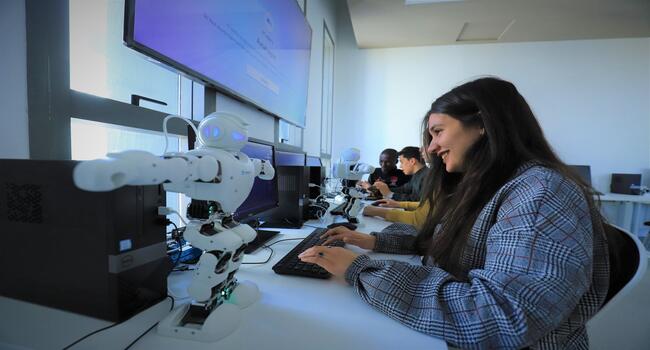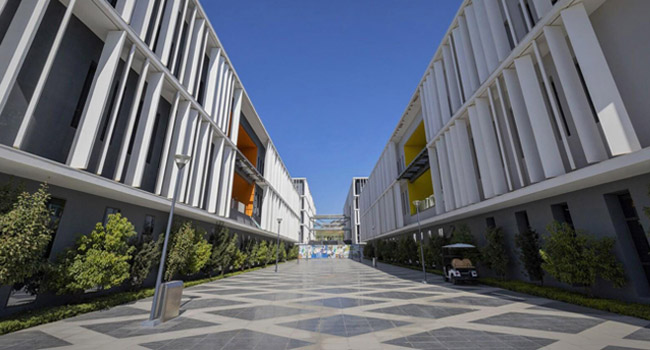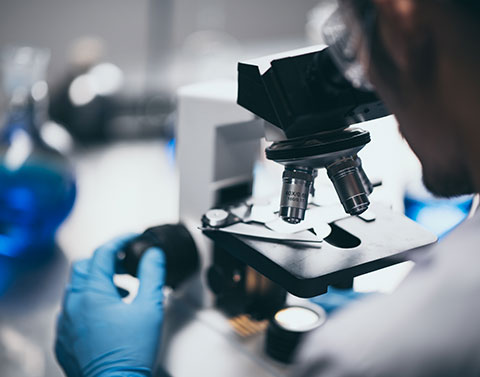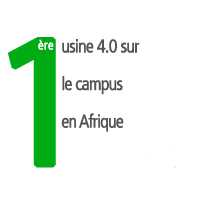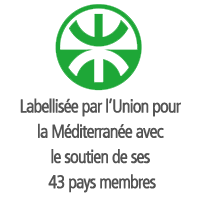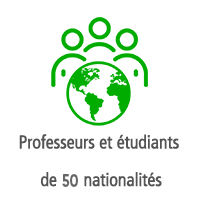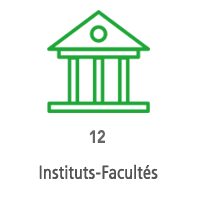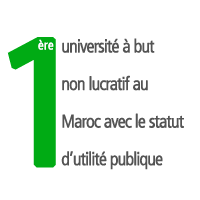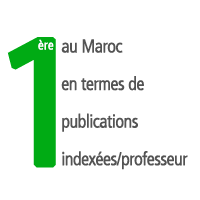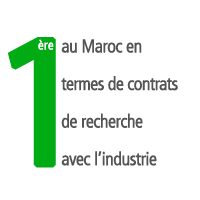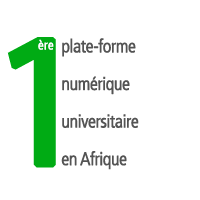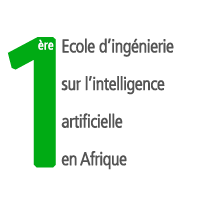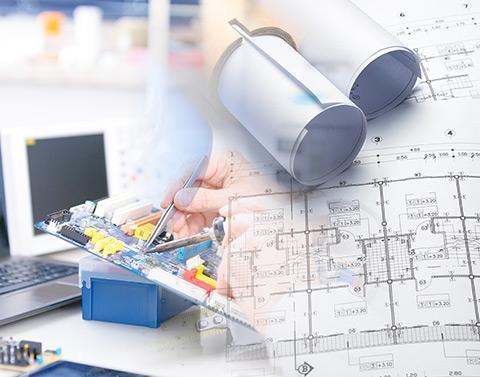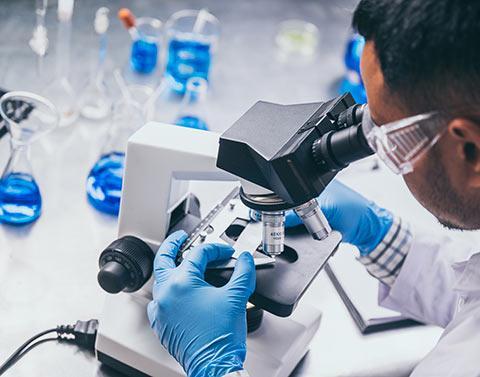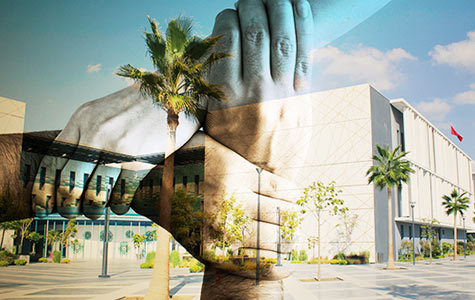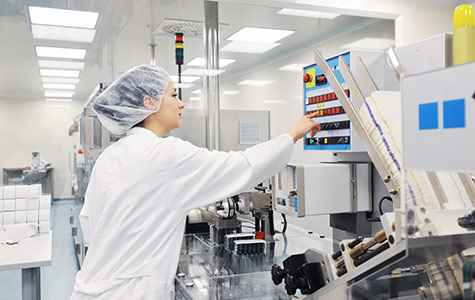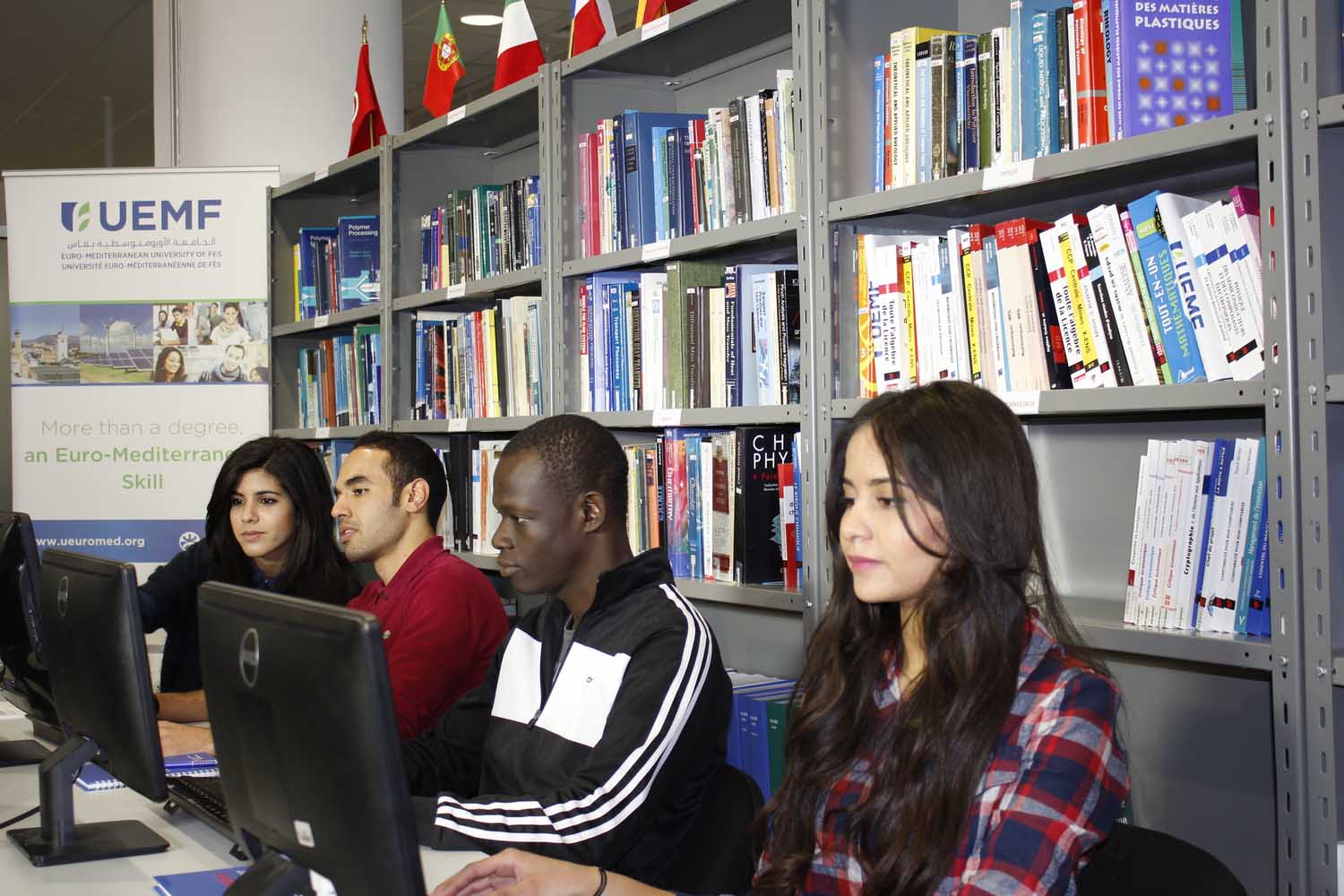Design
Licence
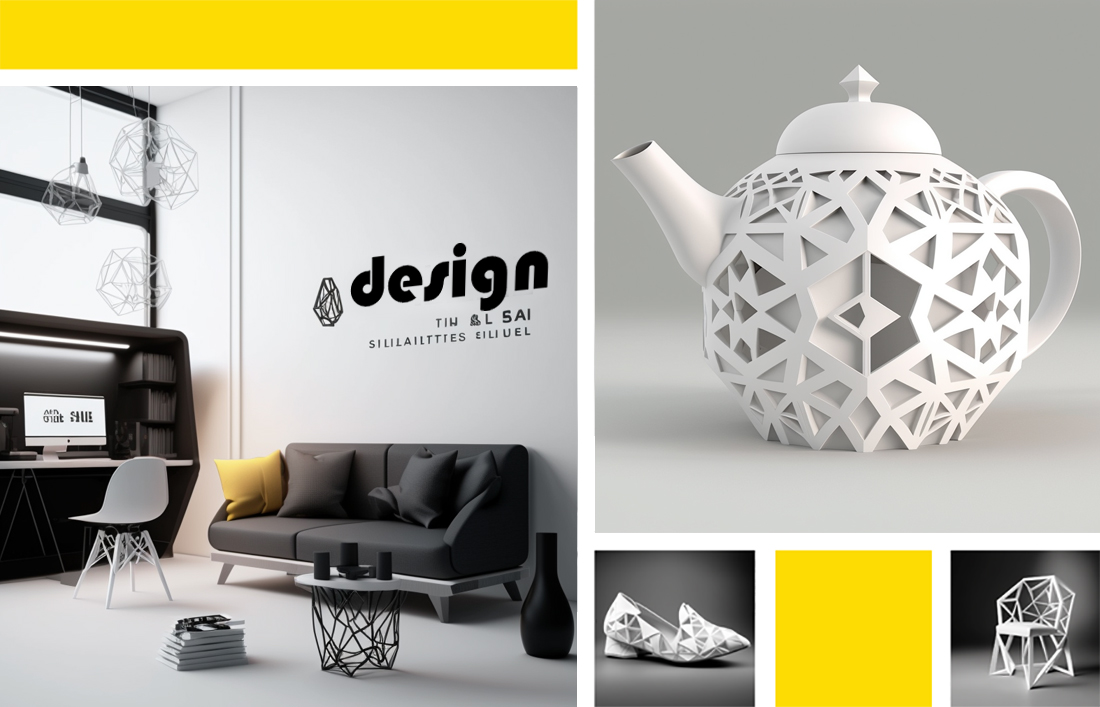
Diplôme délivré
: LicenceDurée des études
: 3 ansCoordonnateur
: TAZI Zineb
Téléchargez la Brochure de La Licence en Design
SEMESTRE 1:
- ATELIER THEORIES ET METHODES DU DESIGN
- ATELIER DE BASIC DESIGN
- DESSIN, ET ARTS PLASTIQUES 1
- HISTOIRE DE L'ART ET DU DESIGN 1
- MATHEMATIQUE POUR LE DESIGN
- MATERIAUX ET TECHNOLOGIES TRADITIONNLES 1
- LANGUE, COMMUNICATION ET CULTURE EUROMED.1
SEMESTRE 2:
- ATELIER DE CONCEPT DESIGN
- ATELIER DE DESIGN POUR L’ARTISANAT ET LE PATRIMOINE
- ANTHROPOLOGIE DE L’OBJET
- DESSIN REPRESENTATION ET ARTS PLASTIQUES 2
- HISTOIRE DE L'ART DU DESIGN ET SCIENCES SOCIALES 2
- MATERIAUX ET TECHNOLOGIES
- LANGUE, COMMUNICATION ET CULTURE EUROMED 2
SEMESTRE 3:
- ATELIER ERGONOMIE POUR LE DESIGN
- ATELIER DE DESIGN GRAPHIQUE
- ATELIER REPRESENTATION ET DAO 1
- SEMIOLOGIE ET MEDIAS
- MATERIAUX ET TECHNOLOGIES D’INNOVATION
- LANGUE, COMMUNICATION ET CULTURE EUROMED 3
SEMESTRE 4:
- ATELIER DE DESIGN D’ESPACE ET D’INTERIEURS
- ATELIER DE DESIGN PRODUIT
- ATELIER REPRESENTATION ET DAO 2
- SCIENCES SOCIALES POUR LE DESIGN
- MARKETING ET STRATEGIE D’ENTREPRISE
- LANGUE, COMMUNICATION ET CULTURE EUROMED 4
SEMESTRE 5:
- ATELIER DE DESIGN POUR LA DURABILITE
- ATELIER DE COMMUNICATION MULTIMEDIA
- ATELIER DE PROTOTYPAGE
- OUTILS & METHODE POUR L’ECODESIGN
- MANAGEMENT DU PROJET
- LANGUE, COMMUNICATION ET CULTURE EUROMED 5
SEMESTRE 6:
- PORTFOLIO
- MODULE D’APPROFONDISSEMENT
- STAGE
- PROJET DE FIN D’ÉTUDES
Une discipline visant à gérer le projet dans toute sa complexité, aussi bien en termes d'innovation de produits que de services. Il s’agit d’un processus qui englobe les aspects esthétiques, fonctionnels, matériels et techniques; mais également de communication et du marché.
La Licence en Design de l’EMADU, est conçue pour former des designers capables de gérer de façon créative, au-delà de l’objet, les processus de prise de décision, la médiation et l’intégration de contributions multidisciplinaires ; permettant ainsi aux lauréats de brasser un spectre très large de secteurs.
Ecole Euromed d’Architecture de Design et d’Urbanisme (EMADU)
Le contenu pédagogique de la filière a été structuré pour doter les lauréats de compétences à même d’en faire des Designers:
- Créatifs, innovants, au fait des savoirs et savoir-faire techniques et ouverts sur l'extérieur.
- Opérationnels, compétitifs, aptes à analyser et à maîtriser les éléments d’uncontexte donné.
- Possédant des capacités conceptuelles et créatives et montrant des aptitudes au management du métier.
- Ayant l'esprit critique et des capacités à apporter les solutions appropriées.
- Maîtrisant la communication, sous toutes ses formes, pour interagir avec des équipes pluridisciplinaires.
- Respectant les règles d'éthique et de déontologie nécessaires à l'exercice du métier du designer.
En référence au système des indicateurs de Dublin, les diplômés du cours de Licence DesignS étendent leurs connaissances, leurs compétences et leurs capacités de conception dans le domaine du Design à un niveau qui leur permet, en lien également avec l'élaboration de leur Projet de fin d’études, de développer des concepts innovants jusqu’à la phase d’exécution.
1- Connaissance et compréhension – Capacité d'appliquer les connaissances et la compréhension :
Connaissance et compréhension :
Les diplômés développent, en particulier, pendant leur cursus des compétences appropriées afin de pouvoir poser, concevoir, argumenter et résoudre des problèmes de conception et techniques relatifs aux produits du système industriel et de la culture matérielle, également de type complexe, en ayant une compétence spécifique pour les variables fonctionnelles, morphologiques, esthétiques et symboliques.
Ces connaissances sont principalement acquises à travers les enseignements dispensés et le travail en groupe pendant les laboratoires de conception (ATELIER) qui y sont liés et qui caractérisent la forme didactique de ce cursus.
Capacité d’appliquer les connaissances et la compréhension:
Les diplômés sont capables d’élaborer et d’argumenter des évaluations et des avis sur les qualités formelles, fonctionnelles, esthétiques et symboliques des artéfacts du système industriel, dans les secteurs de compétence de la production industrielle ; en particulier dans les secteurs du design de produits, design d’intérieur, design visuel. En outre, les diplômés sont en mesure de concevoir, argumenter et résoudre des problèmes de conception même complexes grâce à l'identification, l'analyse et l’évaluation des alternatives conceptuelles selon une rigueur théorique et méthodologique, en mettant également en relation l'élaboration conceptuelle avec le travail d’autres personnes.
Une attention particulière est portée aux activités de synthèse outre qu’à l'approfondissement de capacités spécialistiques. Les instruments didactiques avec lesquels ces capacités sont obtenues et vérifiées, consistent fondamentalement en des exercices en classe, des activités de laboratoire (informatique, expérimental et sur le terrain) et dans l’entretien, lors des examens finaux. En complément des instruments offerts pour le développement de cette capacité dans le parcours de formation, l’étudiant bénéficie de visites guidées, stages et ateliers.
2- Autonomie de jugement - Compétences en communication - Capacitéd'apprentissage
Autonomie de jugement:
Les diplômés en Design doivent démontrer à travers les applications conceptuelles et d’autres productions académiques et/ou scientifiques, et grâce à leur connaissance et à leur capacité de compréhension, une compétence avancée à exercer une pensée critique autonome par rapport au projet et à l'intervention sur la réalité, avec la pleine conscience de la dimension éthique du projet et de la responsabilité sociale de la profession intellectuelle, qui est à la base de la formation d’une autonomie de jugement. En outre, les diplômés doivent avoir la capacité de trouver des solutions à des problèmes complexes, en appliquant chaque fois les méthodologies d’intervention appropriées.
Compétences communicationnelles:
Les diplômés en Design sont en mesure de communiquer clairement et sans ambiguïtés, leurs conclusions en motivant la cohérence avec de solides références techniques, réglementaires et scientifiques, aussi bien en présence de spécialistes que dans un contexte non spécialisé. En outre, ils sont capables d’utiliser couramment et correctement des méthodes et des instruments appropriés (y compris les techniques manuelles et les technologies numériques et électroniques) de communication visuelle, orale et écrite, d’utiliser les conventions du dessin et de la représentation bidimensionnelle et tridimensionnelle et les instruments de la modélisation à l’échelle. Enfin, ils doivent savoir écouter et savoir répondre de façon critique aux observations et aux points de vue des autres, et à travailler comme élément d’une équipe en relation à la contribution que les autres figures sociales et professionnelles fournissent au processus de conception
Capacités d’apprentissage:
Les diplômés développent, dans leur propre parcours de formation, les capacités d’apprentissage nécessaires pour continuer de façon autonome les approfondissements dans les domaines aussi bien professionnel que scientifique.
Ils doivent être en mesure de démontrer qu’ils possèdent les éléments cognitifs de base pour la mise à jour continue de leurs propres connaissances et compétence sdans le secteur du design, qu’ils sont capables d’identifier les perspectives et les objectifs pour leur formation continue, qu’ils savent s’intégrer dans la vie culturelle, économique et professionnelle et y être partie prenante, qu’ils sont capables d’agir avec des degrés d’autonomie définis et de s’intégrer dans des milieux professionnels, enfin, qu’ils sont en mesure de gérer et d’évaluer leur propre pratique professionnelle aussi bien en travaillant de façon indépendante qu’à l’intérieur de groupes de travail.
La norme RG3 du CNPN prévoit, pour la Licence, que la sélection des candidats se fait par voie de test écrit et de toute autre modalité prévue dans le descriptif de la filière:
- Diplômes requis : Tout type de baccalauréats national ou équivalent (S, L, ES, ART, etc.)
- Pré-requis pédagogiques spécifiques: -
1- Procédures de sélection :
Etude du dossier:
- La présélection sur dossier se fera sur la base d’une moyenne pondérée, impliquant la moyenne obtenue au Baccalauréat national et celles des matières relevant des champs disciplinaires précités (Cf. 1. Identification de la filière) selon les types de Baccalauréats. (Expliciter les critères de sélection : mentions, nombre d’années d’études, notes des matières principales, etc.)
Test écrit:
- Epreuve sur table (épreuve de culture générale, épreuve graphique, épreuve plastique)
Entretien:
- entretien de motivation
Autres (spécifier):
- évaluation du dossier personnel (Portfolio) lors de l’entretien de motivation
ACCES PAR PASSERELLES (Diplôme(s) requis, prés-requis spécifiques, procédures, effectifs des étudiants,...):
Diplôme(s) requis:
- Licences ou équivalent en Beaux Arts, Design, Architecture, Architecture d’intérieur, Arts graphiques, Multimédias, Mode, Ebénisterie, Management, Génie Mécanique, Environnement, Chimie, Sciences Appliquées, Techniques du bâtiment, Ingénierie textile, Agro-alimentaire, Economie, Agronomie
- Prés-requis spécifiques: Selon le niveau demandé et la Plaquette pédagogique de l’établissement d’origine
2- Procédures de sélection:
- Etude de dossier (pièces requises : Relevés de notes, attestations d’inscription et de réussite, portfolio, plaquette pédagogique de l‘établissement d’origine)
- Jury oral
3- Effectifs admissible:
15% de l’effectif du niveau demandé par le candidat
LES ENSEIGNEMENTS SE DÉROULENT DANS:
L’ÉCO-CAMPUS DE L’UEMF:
Conçu selon des normes internationales, pour être un lieu de vie et d’épanouissement des usagers de l’UEMF.
LES 2 RIADS DE LA PLACE LALLA YEDDOUNA (Dar Laraqui et Dar Tazi) :
Une approche d’école à ciel ouvert en plein cœur de la médina de Fès, qui a pour mission principale, la valorisation et l’innovation du patrimoine artisanal-architectural en rapprochantcelui-ci del’univers académique du design et de l’architecture.
LES DEUX LIEUX COMPRENNENT, ENTRE AUTRES:
1- ÉCO CAMPUS UEMF:
DES PAVILLONS PEDAGOGIQUES (amphithéâtres, salles de cours, salles de TD, laboratoires et ateliers de travaux et activités pratiques, bibliothèques)
DES PAVILLONS DE RECHERCHE où se côtoient et travaillent en synergie les chercheurs du pôle ‘Ingénierie et Architecture’:
DES LABORATOIRES DE FABRICATION ADDITIVE (matériaux composites et métal)
DES LABORATOIRES D’IMPRESSION 3D
DES LABORATOIRES DE CHIMIE ET DE RECHERCHE SUR LES MATERIAUX
DES LABORATOIRES DEDIES A L’ELECTRONIQUE
LABORATOIRES DES SERVICES:
INFORMATIQUE
DESSIN 2D/3D
PHOTOGRAPHIE
PROTOTYPES ET MAQUETTES:
TRADITIONELS ET INNOVANTES
COMMUNICATION, IMAGE ET EDITION
EDITION
WEB, SOCIAL ...
UN CENTRE DE VALORISATION, DE TRANSFERT ET D’INSERTION PROFESSIONNELLE (CVTIP) Qui a pour mission principale, la valorisation des travaux de recherche et l’accompagnement des porteurs de projets innovants pour à la création de spin-out et start-up;
LES CENTRES D’ENSEIGNEMENT TRANSVERSAL dont un Centre de langues, un Centre d’Histoire et Patrimoine Euro-méditerranéen,
UN CENTRE TIC
UN CENTRE D’ENTREPRENEURIAT
UNE RÉSIDENCE ESTUDIANTINE AVEC RESTAURATION, ESPACES DE DÉTENTE ET DE LOISIR, ATELIERS D’ACTIVITÉS PARA-UNIVERSITAIRE (théâtre, peinture, musique, chorale et chant, poésie,...etc.) ;
UNE INFRASTRUCTURE SPORTIVE;
DE NOMBREUX SERVICES PENSÉS POUR RÉPONDRE AUX BESOINS DE LA COMMUNAUTÉ UNIVERSITAIRE (banques, commerce, librairie, etc.)
EN PARTICULIER POUR EMAD: LA CRÉATION DE LABORATOIRES DE RECHERCHE ET DE SOUTIEN PÉDAGOGIQUE.
TOUS LES LOCAUX D’ENSEIGNEMENT SONT ÉQUIPÉS:
De tableaux blancs, dont certains interactifs, d’écrans de projections, de vidéoprojecteurs, ils sont tous reliés par fibres optiques et disposent tous d’une connexion Wifi.
De salles multimédias, équipées d’ordinateurs pour les cours d’informatique avec une disponibilité aux élèves pendant les périodes creuses, en libre accès
Des salles informatiques spécialisées (matériel de communication et de logiciels spécifiques) sont en cours d’équipement.
RIADS PLACE LALLA-YEDDOUNA:
DES ESPACES PEDAGOGIQUES (salles de cours, salles de TD et ateliers de travaux et activités pratiques)
L’ACCÉS, SUR PLACE, À DES ATELIERS DE FABRICATION ARTISANAL DE DIVERSES SPÉCIALITÉS: Où se côtoient et travaillent en synergie les maîtres et apprentis artisans de la médina de Fès avec les étudiants en design et architecture.
UN ESPACE POLYVALENT:
POUR LA VALORISATION, LA PRÉSERVATION, LA RECHERCHE ET LE DÉVELOPPEMENT DES DOMAINES ARTISANAT-DESIGN: Qui a pour mission principale, la valorisation et l’innovation du patrimoine artisanal en rapprochant celui-ci de l’univers académique du design et de l’architecture.
DÉSTINÉ À LA CULTURE : Qui a pour mission principale, la mise en place de divers évènements culturels (expositions, conférences etc.)
- Agences de Design
- Entreprises industrielles (textile, agroalimentaire, automobile, domotique, mobilier ...etc.)
- Médias (Télévision, presse écrite, ...etc.)
- Cinéma
- Agence d’Animation (illustrateurs dessins animés, bandes dessinées, ...etc.)
- Maisons d’édition
- Agence de Design de mode
- Agences de Communications
- Administrations et Départements de Communication
- Agences d’Architecture d’intérieur
Le Designer formé à l’EMADU pourra également choisir d’approfondir sa formation en suivant un cursus de deuxième Cycle (Master) en Design auprès des Facultés, Départements et Écoles compétentes du Consortium EuroMed des Universités.






